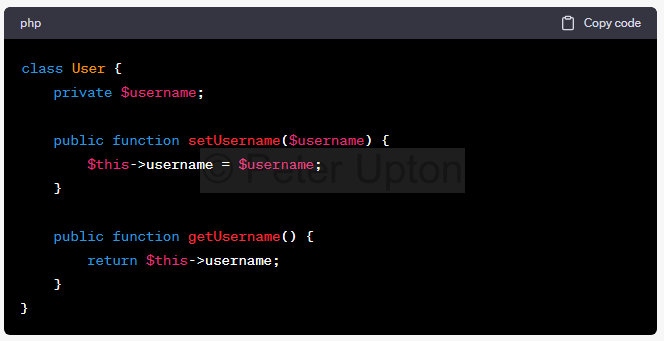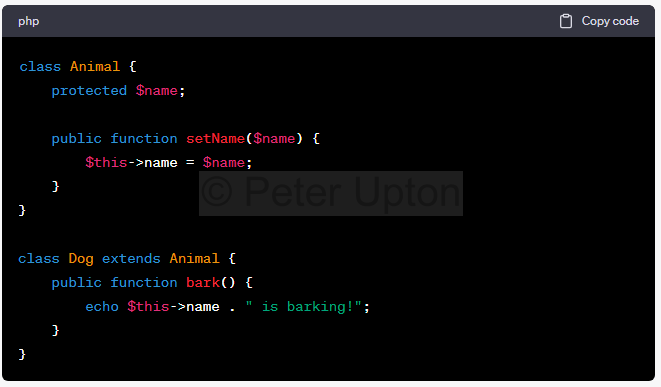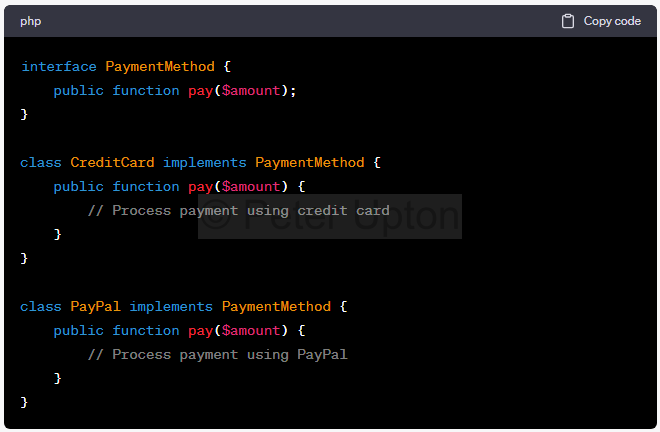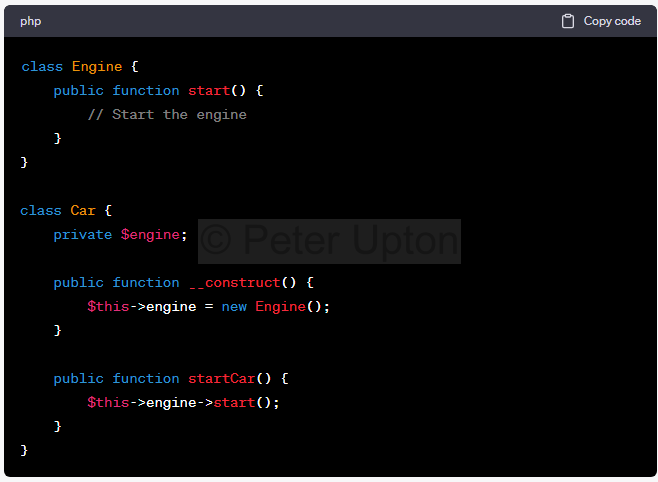Building Good Object-Oriented Habits in PHP
Object-oriented programming (OOP) is a powerful paradigm that allows developers to create organized, maintainable, and scalable code. In PHP, embracing good object-oriented habits can lead to more robust applications and a better development experience. Here are seven essential habits to cultivate when working with object-oriented PHP:
1. Encapsulation: Encapsulation involves bundling data (attributes) and the methods (functions) that operate on that data into a single unit called a class. It ensures that the internal workings of an object
are hidden from the outside, promoting information hiding and reducing dependencies between different parts of your code.

2. Abstraction: Abstraction allows you to create a simplified representation of a complex entity. By abstracting away unnecessary details, you focus on the essential characteristics of an object. This leads to cleaner, more understandable code.

3. Inheritance:
Inheritance enables you to create new classes that inherit properties and behaviors from existing classes. It promotes code reuse and allows you to create specialized classes from more general ones.

4. Polymorphism: Polymorphism allows different objects to be treated as instances of the same class through a shared interface. It improves code flexibility and allows you to write more generic code that can work with various types of objects.

5. Composition over Inheritance: While inheritance is useful, overusing it can lead to inflexible code. Composition involves building complex objects by combining simpler objects. It promotes code maintainability, as changes to one class don’t affect the entire hierarchy.

6. SOLID Principles: SOLID is an acronym for a set of five principles that guide good object-oriented design:
- Single Responsibility Principle (SRP)
- Open/Closed Principle (OCP)
- Liskov Substitution Principle (LSP)
- Interface Segregation Principle (ISP)
- Dependency Inversion Principle (DIP)
Adhering to these principles promotes code that is modular, maintainable, and easily extensible.
7. Design Patterns: Design patterns provide solutions to common problems in software design. Familiarize yourself with common patterns like Singleton, Factory, Observer, and Strategy. These patterns help you address recurring challenges efficiently and in a standardized way.
By cultivating these seven good object-oriented habits, you’ll be on your way to writing cleaner, more organized, and more maintainable PHP code. As you gain experience, your code will become more reliable and adaptable, leading to more successful projects and a more enjoyable development journey.[/caption]